Do vaccines cause autism?
The belief that vaccines cause autism is one of the most widespread and damaging pieces of misinformation in recent decades. This myth originated in 1998, when a study was published in the respected medical journal The Lancet. The study, led by British doctor Andrew Wakefield, claimed to have found a connection between the MMR vaccine—which protects against measles, mumps, and rubella—and autism in children.
However, the scientific community quickly raised serious concerns. Investigations revealed that the study was deeply flawed and intentionally misleading. Wakefield had manipulated the data to support his theory, worked with an extremely small and unrepresentative sample of just 12 children, and had serious conflicts of interest. In fact, he had received funding from lawyers who were involved in lawsuits against vaccine manufacturers.
As a result, The Lancet formally retracted the study in 2010, and Wakefield was stripped of his medical license. Since then, numerous large-scale, independent studies—some involving hundreds of thousands of children—have clearly shown that there is no link between vaccines and autism.
Despite this overwhelming scientific consensus, the false claim continues to circulate. The reasons are complex. The initial media coverage of Wakefield’s study was sensational. Over the years, various activist groups and online platforms have continued to promote the myth, often appealing to emotions and parental fears. Social media has further amplified the spread of this misinformation, making it more difficult for the public to access and trust reliable sources.
The consequences are serious. When people begin to doubt the safety of vaccines, vaccination rates can fall. This has led to the resurgence of preventable diseases like measles in communities where they had previously been under control.
So, how can we fight back against this kind of misinformation?
First, by learning to verify our sources and seek out well-established scientific research. Trusted institutions such as national health authorities and organizations like the World Health Organization provide clear, evidence-based information. Second, by speaking up—whether in conversations with friends or on social media—and helping to spread accurate facts. Finally, by remembering the broader impact: protecting public health is a shared responsibility.
Vaccines are among the most thoroughly studied and effective tools in modern medicine. They save lives, prevent suffering, and help safeguard entire communities. Correcting misinformation and promoting accurate knowledge is essential—for ourselves and for future generations



0 Comments